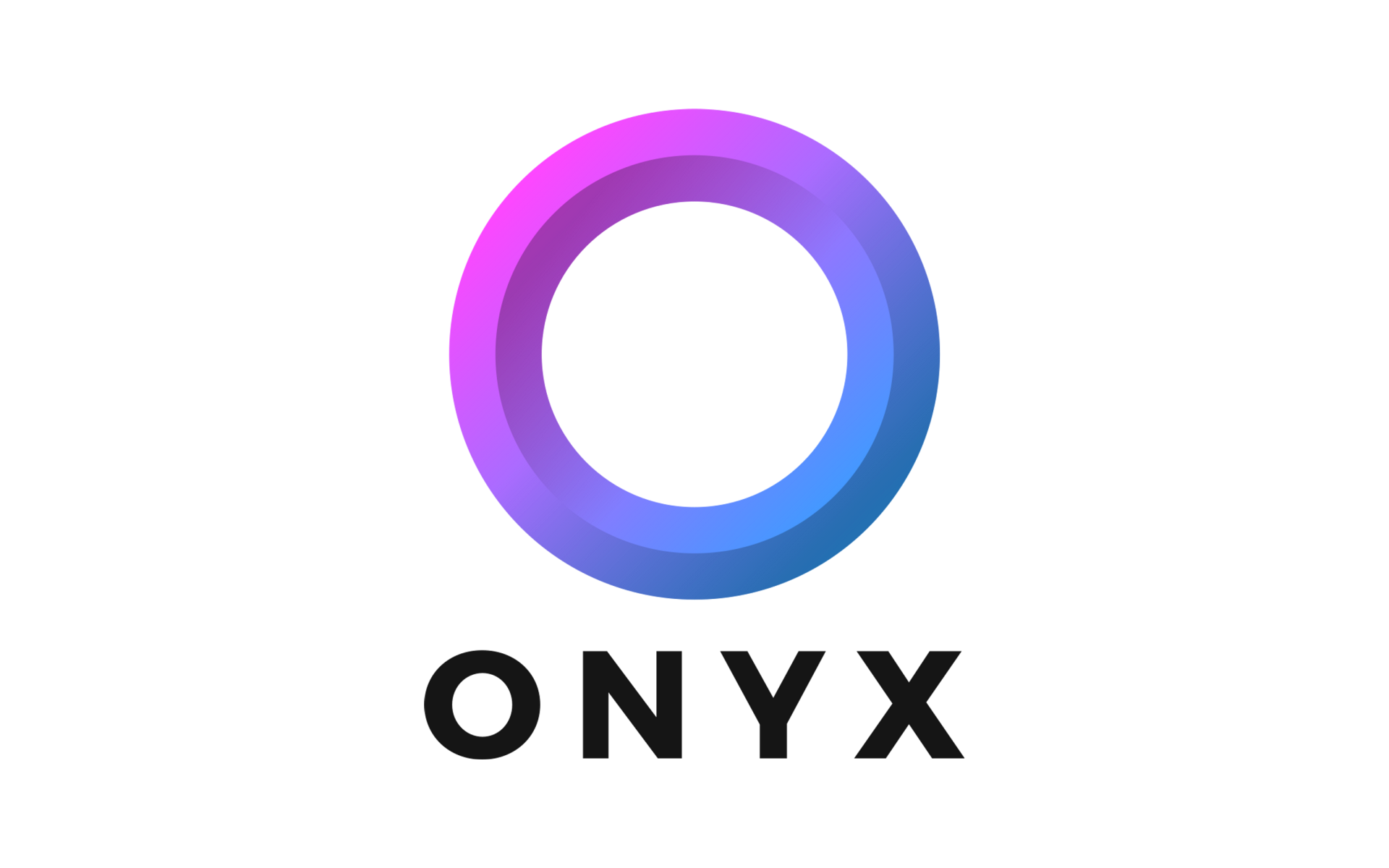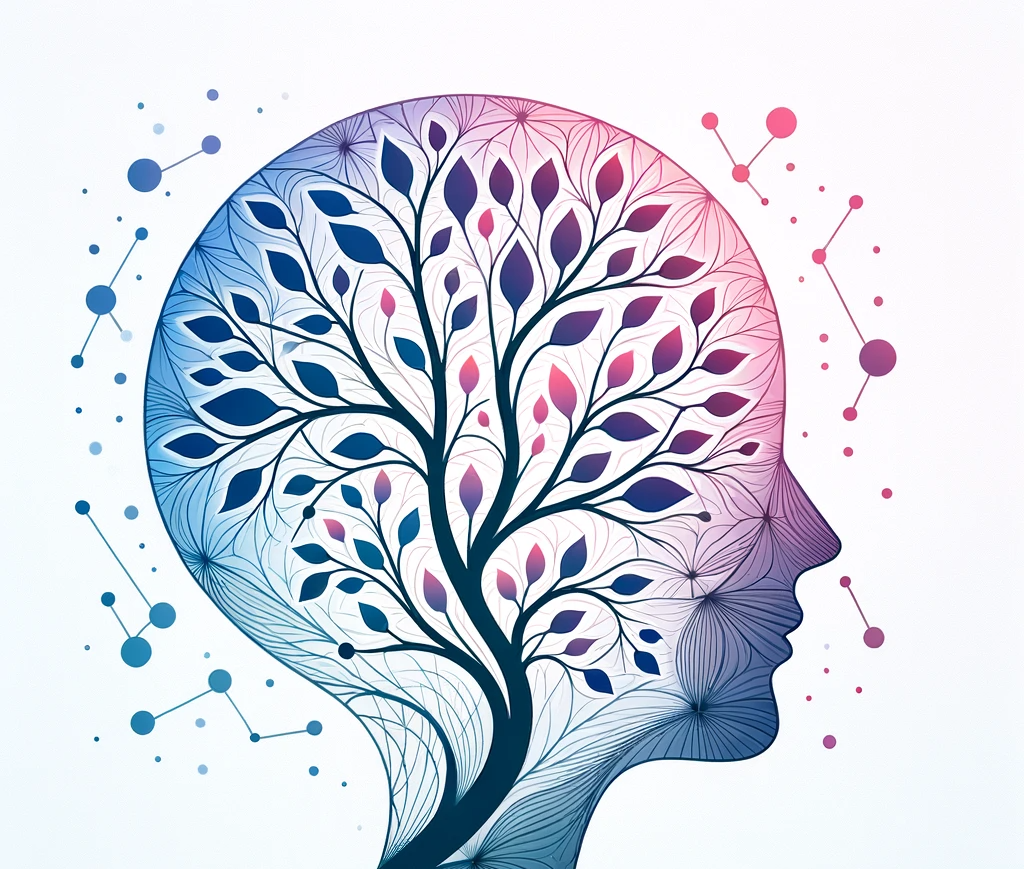Continuous learning is vital to individual and organisational success, it's crucial to unlock all the potential tools and techniques to foster and streamline the learning process. One underappreciated yet extraordinarily powerful tool in this arsenal is 'metacognition'.
Metacognition, derived from the Greek root words 'meta', meaning beyond, and 'cognition', meaning thinking, essentially refers to 'thinking about thinking'. This idea might seem abstract at first glance, yet it has profound implications for our ability to learn, adapt, and grow.
The Unseen Power of Metacognition
So, why should we pay attention to metacognition in the context of Learning & Development (L&D) programmes?
Learning is not merely an act of absorbing information. It's a complex process, involving perception, interpretation, and finally, application. In this regard, metacognition provides the critical ability to self-reflect, self-regulate, and self-direct. It allows learners to assess their understanding, identify their knowledge gaps, and adjust their learning strategies accordingly.
Moreover, metacognition fosters a growth mindset, which Stanford psychologist Carol Dweck has proven to be essential for success. A growth mindset, centred on the belief that abilities can be developed through dedication and hard work, dovetails perfectly with metacognition. Together, they engender a powerful, self-sustaining loop of learning, reflection, adaptation, and growth.
Incorporating Metacognition in L&D Programmes
Encourage Reflection
Promote Self-questioning
Cultivate a Growth Mindset
Provide Feedback
Use Metacognitive Strategies
In an ever-evolving world, where the ability to learn and adapt is key, integrating metacognition into our L&D programmes is not just a good-to-have, it's a must-have. Because, after all, in the words of the great philosopher Socrates, "an unexamined life is not worth living." Similarly, unexamined learning is not worth doing.


